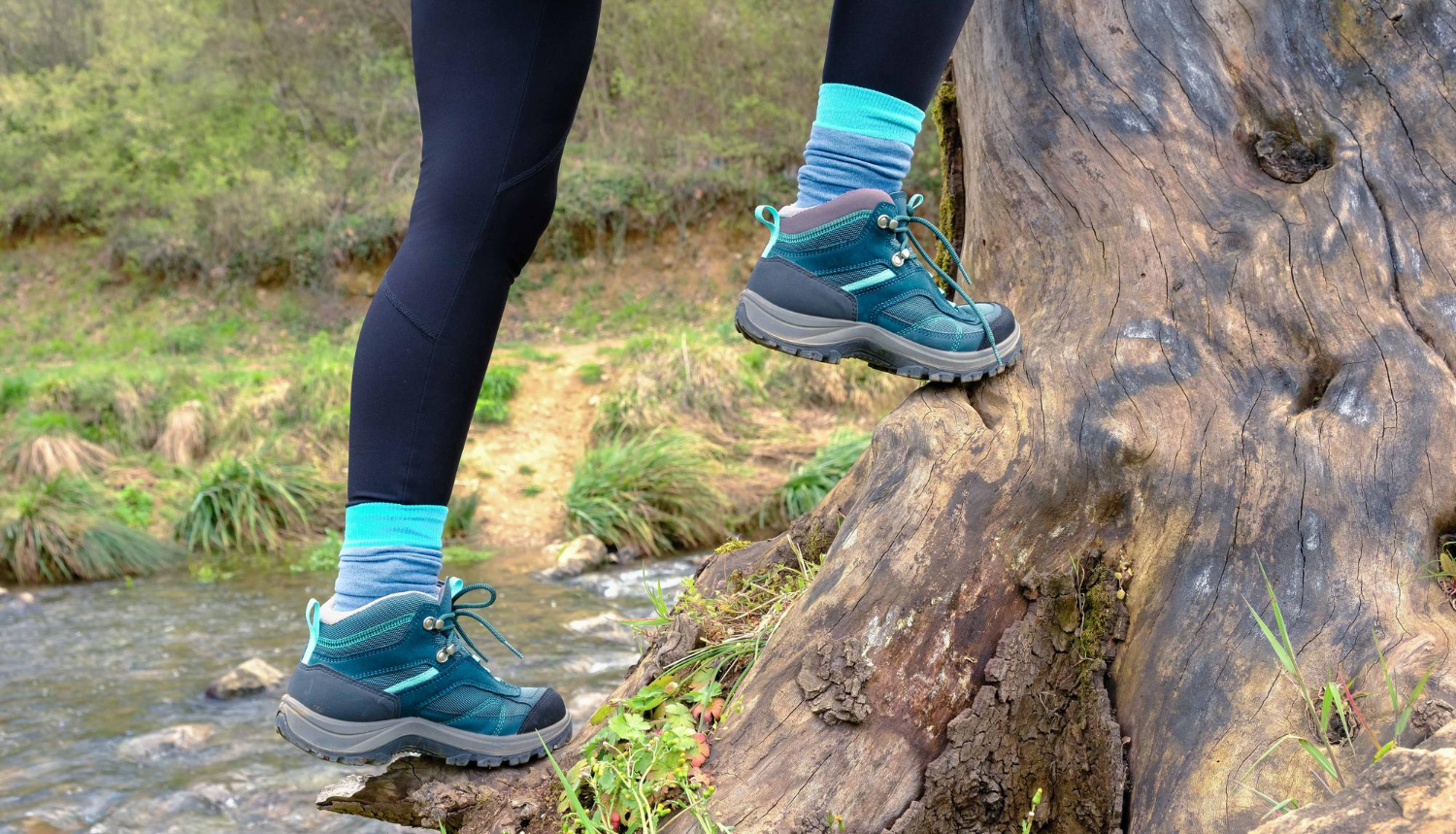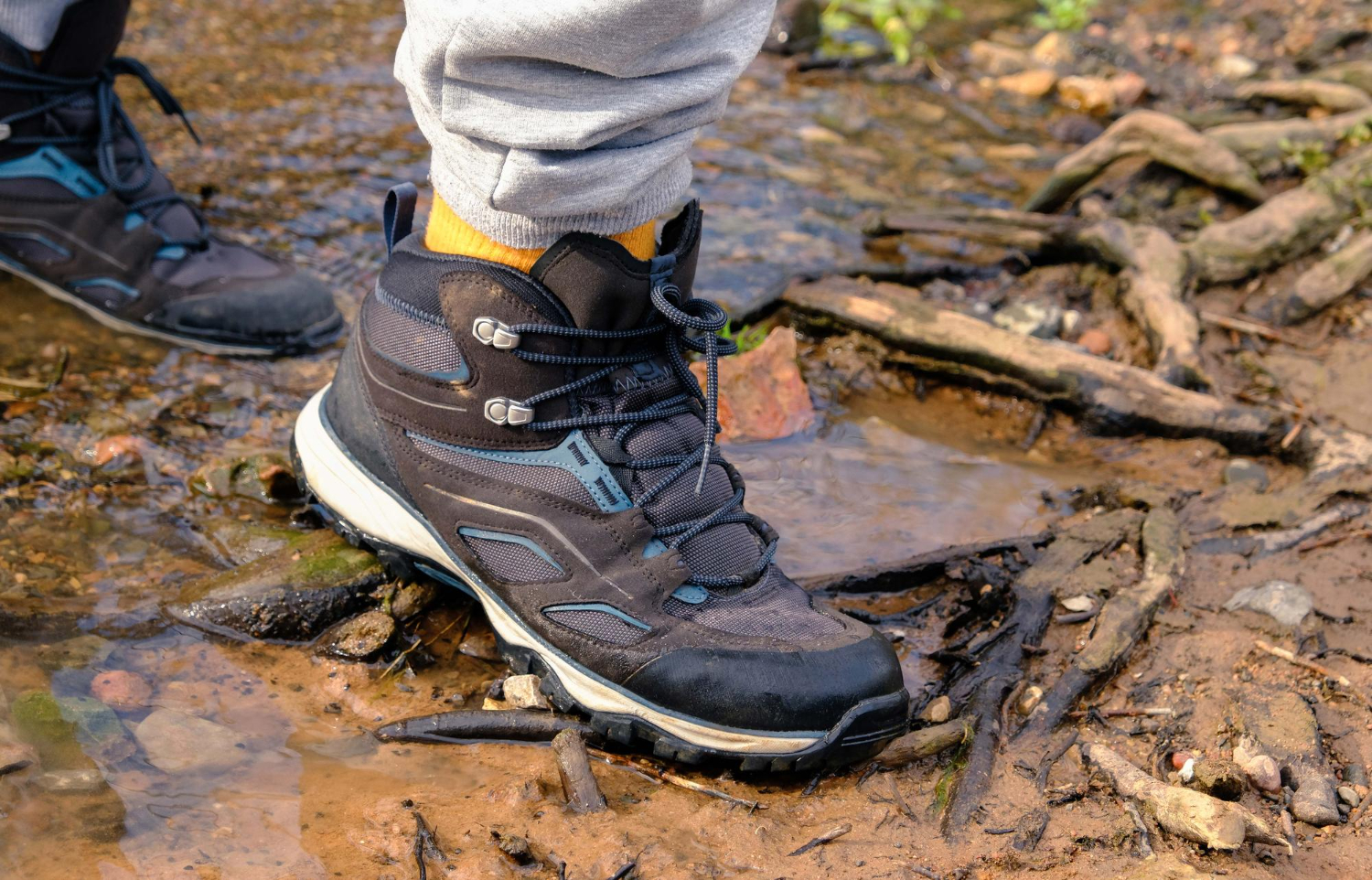Hiking is an activity that attracts more and more nature and adventure lovers. To fully enjoy this experience, it is essential to choose suitable equipment, especially hiking shoes. Among the different options available on the market, minimalist shoes stand out for their many advantages.
A feeling of lightness and freedom
One of the main advantages of minimalist shoes is their light weight. Unlike traditional hiking shoes, which are often heavy and stiff, minimalist shoes offer a feeling of lightness and freedom. Thanks to their minimalist design, they allow your feet to feel closer to nature and adapt more easily to the terrain. This will allow you to walk longer without feeling excessive fatigue.
Better proprioception
Proprioception is the body’s ability to perceive its position and movements in space. Minimalist shoes promote better proprioception by letting your feet make direct contact with the ground. This allows your muscles and tendons to work more efficiently, reducing the risk of injury and improving your balance. You will thus be more comfortable during your hikes, and your body will be better prepared to face the various obstacles in the terrain.
Better stability and agility
Minimalist shoes are designed to promote better stability and agility when hiking. Their flexible sole allows your feet to bend naturally, allowing you to quickly adapt to changes in terrain. You will be able to climb rocks, cross rivers and walk on uneven paths with increased ease. The stability and agility offered by minimalist shoes will allow you to fully enjoy the magnificent landscapes and challenges of hiking.
Reduced pain and injuries
Minimalist shoes promote better foot biomechanics, which reduces the risk of pain and injury while hiking. By allowing your feet to move naturally, they reduce pressure on certain parts of the foot, such as the toes and joints. In addition, they encourage a more natural stride, which limits shock and impact on the knees and hips. By choosing minimalist shoes, you will be able to hike longer and more comfortably, without risking pain or injury.

Increased durability and strength
Despite their minimalist design, minimalist shoes are often made with high-quality, durable materials. Their soles are generally abrasion resistant and provide excellent grip, even on slippery surfaces. In addition, their solid construction and reinforced seams allow them to cope with the harshest conditions. Investing in a pair of quality minimalist shoes means ensuring you have reliable and durable equipment for many hikes to come.
Experiment with materials
Minimalist shoes, often highlighted for their lightness and their ability to promote natural walking, have revolutionized hiking equipment. However, it is crucial to further explore the materials used in the manufacturing of these shoes, as well as the innovations associated with them, in order to fully understand their distinct advantages.
Interaction between technology and natural materials
Minimalist shoe manufacturers emphasize the use of materials that are both robust and lightweight to ensure comfort and resistance. They merge advanced technology and natural materials to create shoes that not only respect the physiology of the foot, but are also in harmony with the environment. This eco-friendly approach contributes to a more nature-friendly hiking experience, an essential element for outdoor enthusiasts.
Materials like leather and hemp are often used for their ability to provide comfort and durability, while modern technologies step in to increase water resistance and breathability. This synergy between technological innovations and natural materials makes it possible to obtain minimalist shoes that are ideal for the various environments encountered during hiking.
Optimization for performance
Minimalist shoes are often designed with optimization of performance in mind, and therefore incorporate features allowing rapid adaptation to the various terrains encountered while hiking. The high quality materials used allow optimal shock absorption, which reduces fatigue and improves the hiker’s endurance, allowing for longer and more demanding adventures.
The attention paid to the construction of the shoes also guarantees better support for the foot, and therefore better distribution of body weight. This helps the hiker maintain correct posture, which is crucial for avoiding pain and injury during long hikes.
Conscious choice for the modern consumer
Due to their thoughtful design and lower impact on the environment, choosing minimalist shoes becomes a conscious and responsible choice for the modern consumer. Indeed, not only do these shoes offer a superior hiking experience, but they also meet a growing demand for eco-responsible products.
When selecting minimalist shoes, it is essential to consider the materials used, their origin and their environmental impact. An informed and responsible choice not only preserves the beauty and integrity of nature, but also encourages more sustainable production practices in the footwear industry.
Reflection on environmental impact
Hiking, a booming activity, is leading to increasing reflection on the environmental impact of the equipment used, particularly minimalist shoes. As consumers turn to more responsible choices, assessing the ecological footprint of these shoes becomes essential. This includes material durability, production efficiency, and recycling potential.
The ecological footprint of materials
Minimalist shoes, due to their clean design and optimized use of materials, generally have a reduced ecological footprint. Materials such as hemp and leather, often used in their manufacture, are renewable and biodegradable. This means that the impact on the environment, from production to disposal, is minimized. The choice of ecological materials contributes to the preservation of biodiversity and the reduction of waste, key elements in the fight against climate change.
Eco-efficient production
Ecological efficiency in the production process is also a crucial aspect. Responsible brands adopt sustainable production practices that minimize the use of natural resources and reduce carbon emissions. Implementing eco-efficient production processes not only reduces operational costs but also contributes to environmental protection, in line with the values of many hikers.
The recycling potential
The possibility of recycling shoes at the end of their life is also an important element to consider. Shoes that are designed with recycling in mind reduce waste and promote a circular economy. Consumers are increasingly aware of the importance of recycling and are choosing products that can be easily recycled or are made from recycled materials.












